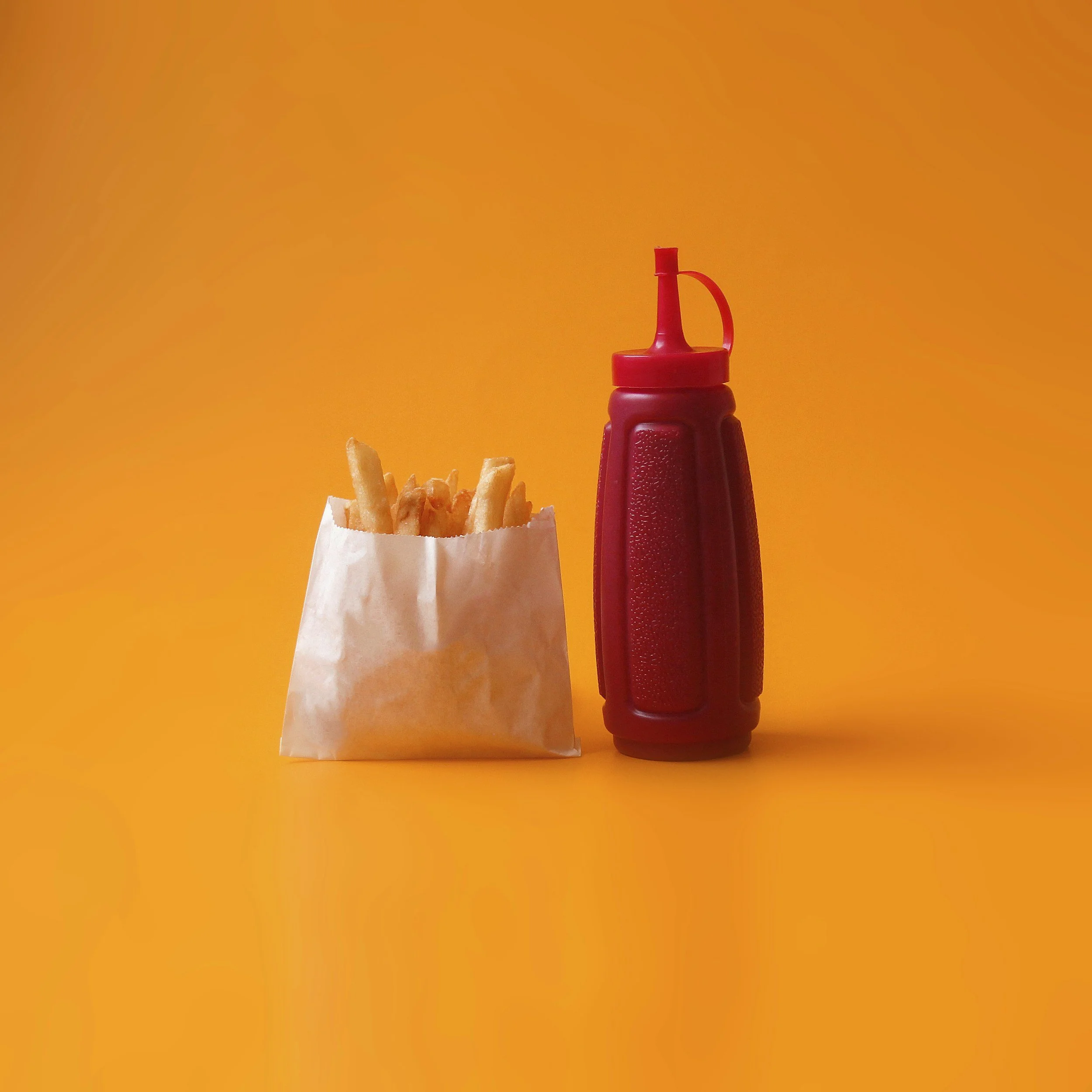As Resilient as a McDonald’s French Fry
Is there anything more oddly indestructible than a McDonald’s French fry?
Seriously—if you’ve ever cleaned out your car and discovered one of those pale golden sticks lodged between the seats, you know what I mean. It may have been there for years, and yet, it still looks eerily like the day you bought it. No mold. No crumbling. Just quietly existing. Resilient. Persistent. Unchanged by time or circumstance.
In some ways, that fry is the perfect metaphor for motherhood. We may not look exactly like we did at the beginning (let’s be honest), but the kind of inner strength it takes to raise children—especially children with medical complexities—is something that endures. It's not about perfection. It’s about showing up. Day after day. Crisis after crisis. Appointment after appointment.
Resilience, psychologically speaking, is the process of adapting well in the face of adversity, trauma, or significant sources of stress. Research shows resilient people tend to have better emotional health, deeper connections, and a greater sense of purpose. And here’s the best news: resilience isn’t something you either have or don’t. It’s a muscle. You can build it.
Here are 3 tangible ways to start:
1. Reframe the Challenge
When things fall apart (again), it's easy to think, “Why me?” But resilience begins when we learn to shift the lens and ask, “What is this teaching me?” That doesn’t mean pretending everything’s okay—it means being willing to find meaning even in the mess.
For example, when your child’s feeding tube gets dislodged right before bed for the third time that week, reframe it: I’m learning problem-solving under pressure. Or when your toddler melts down in Target for an hour and someone says, “You’re so patient,” don’t brush it off. That’s growth. That’s grit.
2. Build Micro-Moments of Joy
Resilient moms don’t fake happiness—they fight for joy. And sometimes that fight happens in the smallest ways. Research shows that brief moments of positive emotion—called "micro-joys"—actually help the brain recover from stress.
So take five deep breaths in the pantry. Blast that one worship song in the car. Sip your coffee before it gets cold (even if it's just once this week). Smile at your child when you feel like crying. Joy is not an escape; it’s armor. Or as we like to say, it’s your anchor in the chaos.
3. Lean into Community
You weren’t meant to do this alone. Isolation weakens resilience—but community strengthens it. Vulnerability and support are powerful tools for survival. That text thread with the other medical moms? That one friend who doesn’t flinch when you cry about the insurance denial? That’s community. Let people show up. Ask for help. Say yes when someone offers to bring dinner. Connection is one of the most healing forces we have.
Don’t have it? Create it. Invite someone over even if your house isn’t perfect, you don’t have snacks to offer and your kids might have a meltdown. Or ask a neighbor to take a walk (with the kids if you have to) - just do life together. And toss perfection out the window. No one really wants that anyway.
A McDonald’s French fry is a weirdly perfect symbol for motherhood: not glamorous, definitely seasoned, and somehow still hanging in there, strong as ever.
So dust yourself off and remember, you don’t have to be flashy to be strong. You just have to last. And you, Mama? You’re not just a fry. You’re the whole basket—Hot and Salty (Haha!) Or maybe it’s nicer to say you’re still here, growing, showing up and setting a beautiful example to your children of what it looks like to whether a storm and stay present.
Love you, Cake Pops!
-Amber & Chelsea
